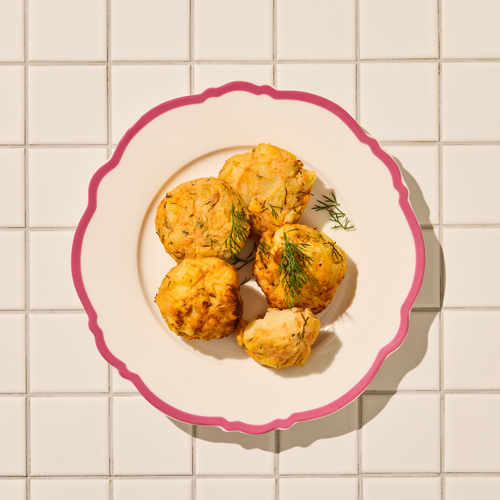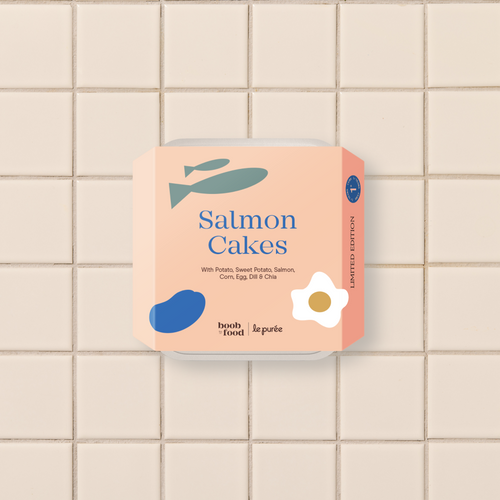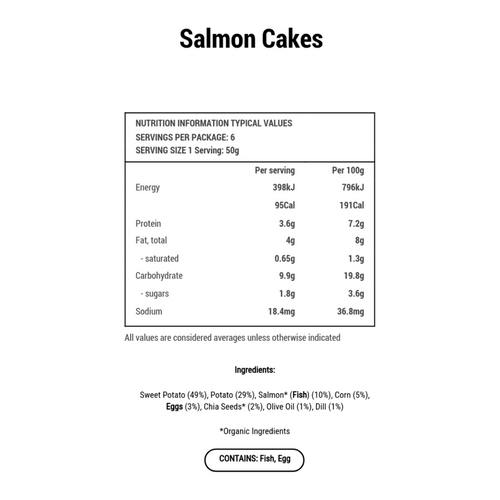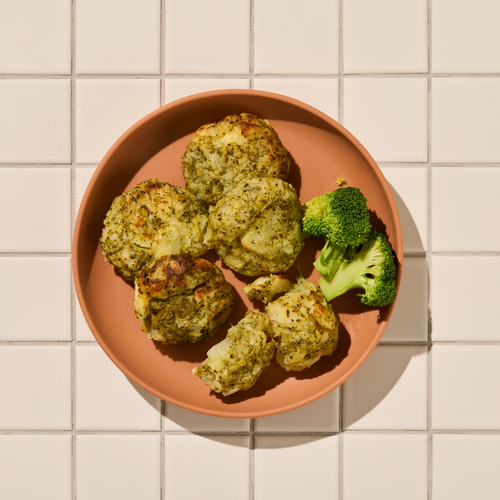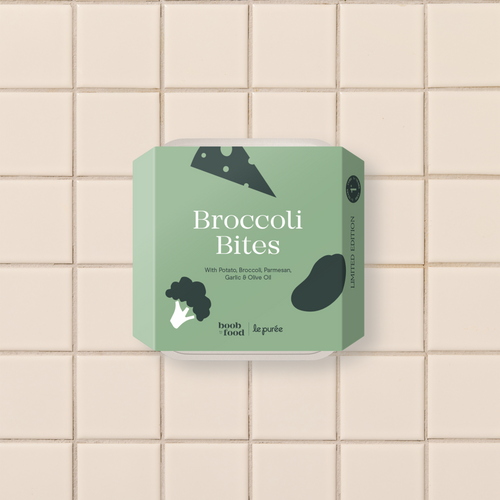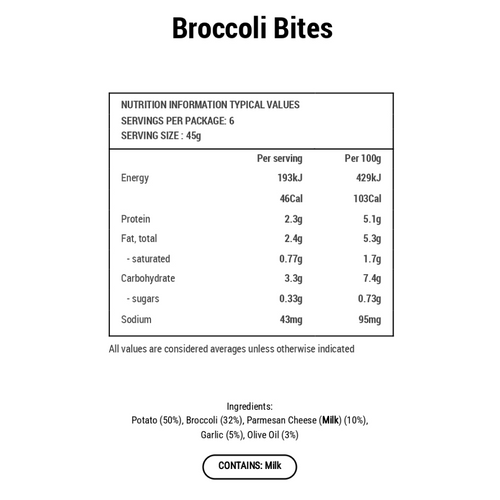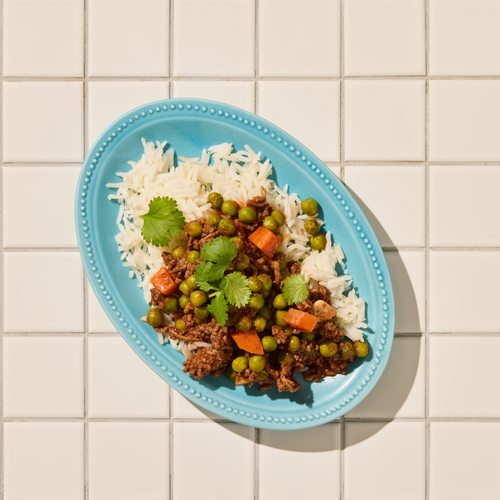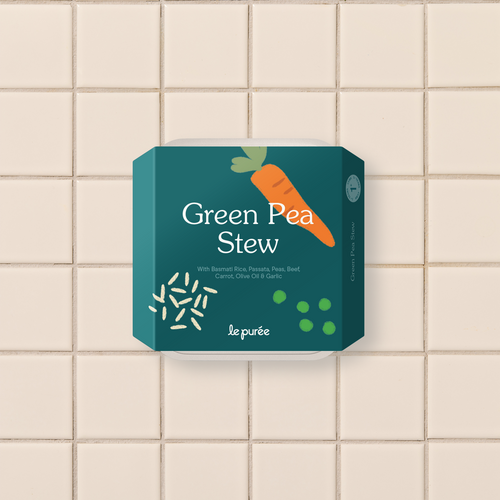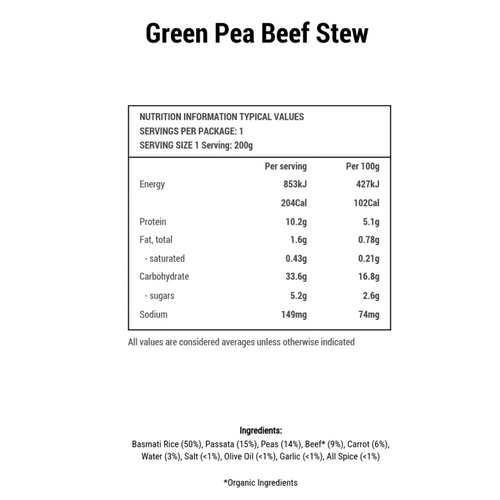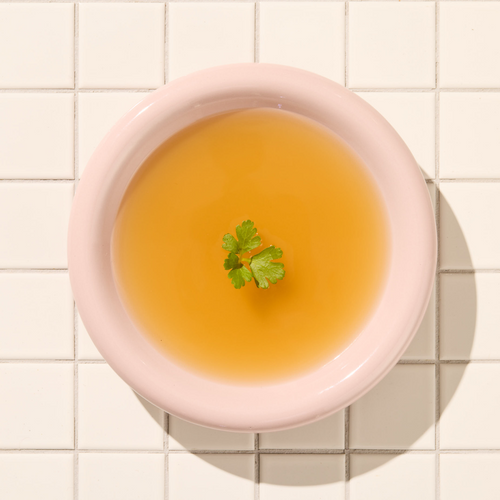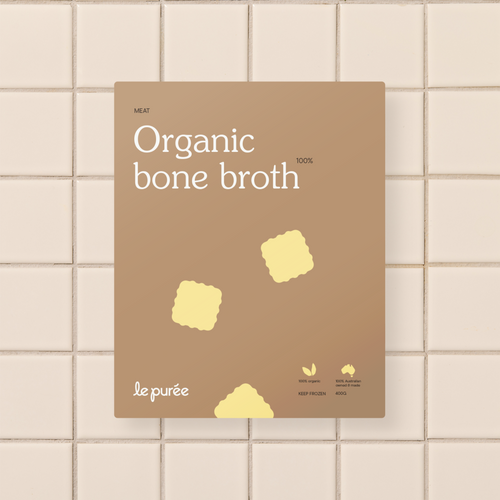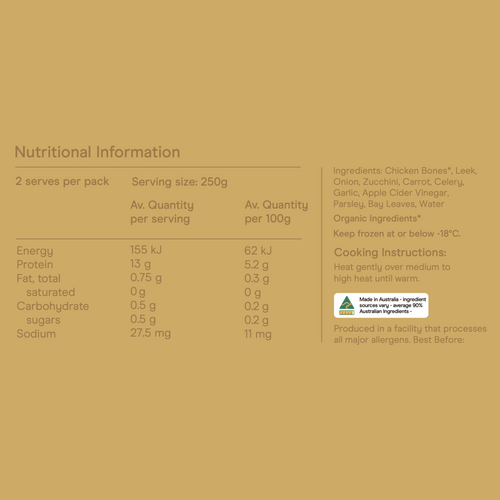Written By: Jessica Kurosaki; Le Puree Dietitian & Infant Nutrition Expert
Starting solids is an exciting step, but there are a few main considerations- like which nutrients t o prioritise and focus on. Breastmilk or formula will continue to provide most of their key nutrients, but adding in some key foods into their ‘starting solids’ journeys will complement their needs and support their growth.

Le Puree Beef & Liver Meatballs Pictured above (Baby Led Weaning & Beyond)
🥩 Iron: supports oxygen transport
Iron is crucial for brain development and oxygen transport in the body. Babies are born with iron stores that start to deplete around 6 months, so offering iron-rich foods is important. Include meats like beef, chicken or chicken liver, as well as legumes and iron fortified grains and cereals. Pairing iron-rich foods with vitamin C sources like oranges or strawberries can help with absorption.
🥜 Zinc: supports immunity and digestion
Zinc is another vital mineral that helps with immune function and digestion. Foods like soft boiled beans, nut butters (spread thinly), and dairy products are great sources. Offering a variety of these foods can help ensure your baby gets enough zinc.
🥑 Healthy Fats: fuel for brain development
Fats play a big role in brain growth and overall development. Breastmilk and formula provide a good amount, but you can also introduce avocado, full cream yoghurt, and nut or seed butters. Drizzling a little extra virgin olive oil onto mashed veggies can also boost their intake of healthy fats.
🐟 Vitamin D: supports bone health
Vitamin D helps the body absorb calcium, which is essential for strong bones. Safe sun exposure can help, and small amounts of fatty fish like salmon or sardines, as well as fortified dairy products, can contribute to baby’s healthy intake.

Le Puree Pear, Pune & Buckwheat Puree shown above. (Available in 3 stages of textures for babies as they grow!)
🍎 Fibre: gentle on little tummies
Introducing fibre-rich foods gradually helps with digestion and prevents constipation. Soft fruits like pears, prunes, and apples, as well as well-cooked veggies like carrots and zucchini, are great options. Whole grains like oats or quinoa can also add a gentle fibre boost.
A great start
The key to starting solids is variety. Offering different textures and flavours while keeping meals balanced. Whether you’re offering purees or soft finger foods, ensuring a mix of iron, healthy fats, vitamins, and fibre will support your baby’s growth and development. A balanced diet will go a long way in getting a mix of all the right nutrients, so don’t stress to include these vitamins specifically.



